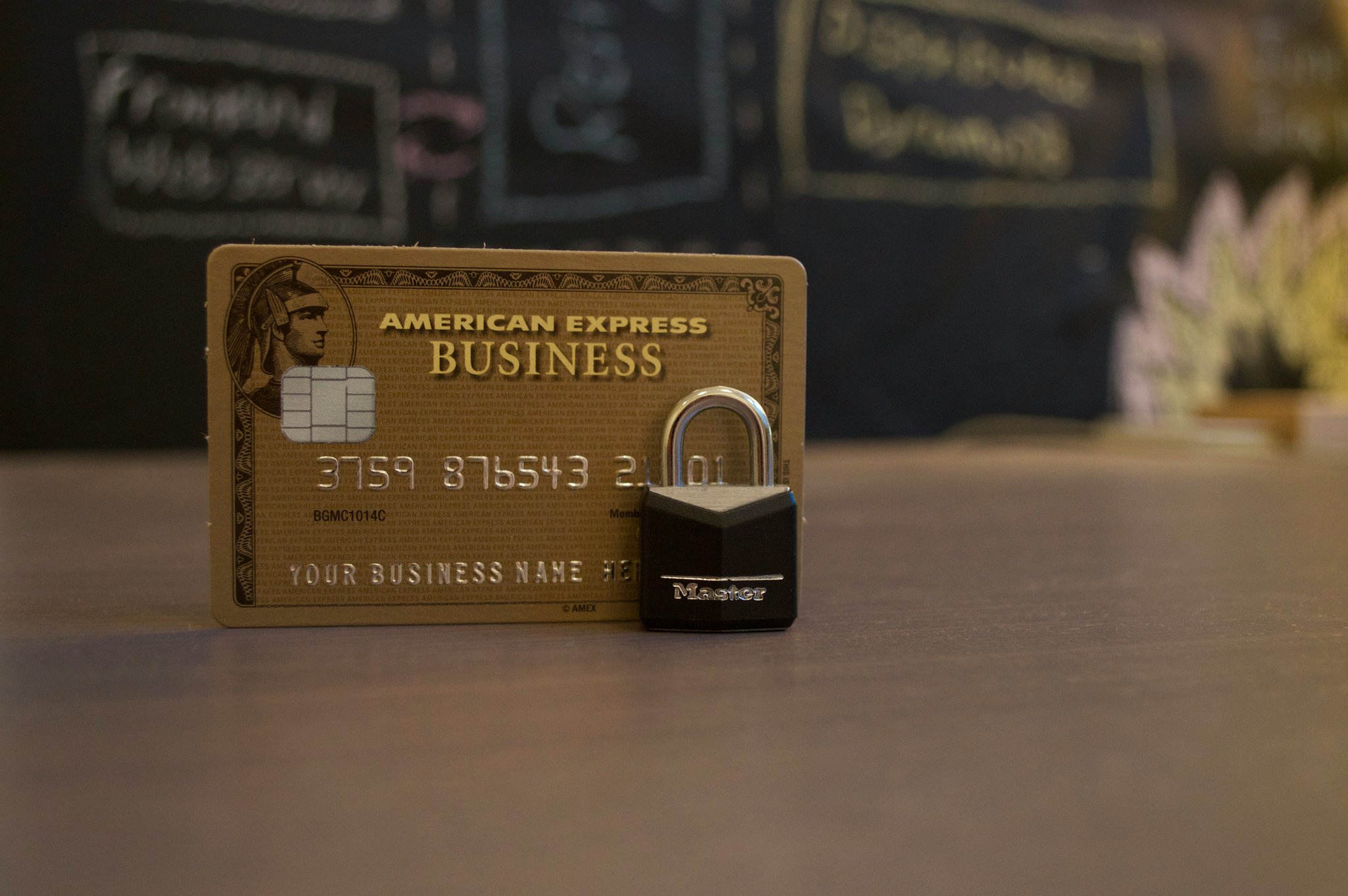Ever wondered if sharing a joint credit card is like signing up for a lifetime commitment? Spoiler alert: it kind of is. Did you know that joint account holders are equally liable for all charges, even those made by someone else on the account? That’s right—every swipe, tap, or online purchase can legally bind both parties. This post dives deep into joint credit card legal obligations so you don’t end up in financial hot water.
In this guide, we’ll untangle what these legal responsibilities mean, how they affect your finances, and steps to protect yourself before co-signing with someone. Stick around because, trust me, you’re going to want to bookmark this one.
Table of Contents
- Key Takeaways
- What Are Joint Credit Cards and Their Risks?
- How to Manage Joint Credit Card Legal Obligations
- 5 Best Practices for Joint Credit Card Users
- Real-Life Lessons from Joint Account Mistakes
- FAQs About Joint Credit Card Legal Obligations
Key Takeaways
- Both owners of a joint credit card share equal responsibility for payments.
- Missed payments can damage both users’ credit scores.
- Open communication and clear agreements help mitigate risks.
- Review terms thoroughly before applying.
What Are Joint Credit Cards and Their Risks?
Let’s start with the basics. A joint credit card involves two people—typically spouses, partners, or family members—who are both legally responsible for managing the account. Unlike authorized user accounts, where only the primary cardholder assumes liability, joint cards tie both names to the debt.
I once helped a friend open a joint card without fully grasping her partner’s spending habits (*chef’s kiss*). Fast forward six months, and she was left picking up the tab after he maxed out their limit. Ouch.

But here’s the kicker—legal obligations don’t disappear just because you break up, separate, or decide to go solo financially. The issuer doesn’t care who spent the money; they’ll come after either party (or both).
Optimist You: “It could work if we’re careful!”
Grumpy Me: “Or ruin your relationship faster than spilled coffee on a white shirt.”
How to Manage Joint Credit Card Legal Obligations
If you’ve decided a joint card fits your situation, follow these steps to keep things running smoothly:
Step 1: Discuss Spending Limits Upfront
Talk openly about budgets, spending limits, and who pays which bills. No surprises = no arguments later.
Step 2: Monitor Statements Regularly
Set reminders to review monthly statements together. If something looks off, address it immediately.
Step 3: Create a Written Agreement
While not legally binding, having a written agreement reinforces boundaries and expectations.
Step 4: Pay On Time, Always
Late payments hurt both parties’ credit scores. Automating payments can save headaches.
5 Best Practices for Joint Credit Card Users
- Maintain Individual Accounts Too: Keep at least one account in your name alone to build personal credit.
- Set Clear Boundaries: Define who uses the card for specific purchases.
- Avoid Overspending Together: Sounds obvious, but joint cards often lead to “accidental” splurges.
- Know How to Dissolve the Account Safely: Close the account responsibly if needed.
- Seek Professional Advice for Complex Situations: Sometimes, consulting a lawyer is worth it.

Terrible Tip Alert: Don’t ever assume your partner won’t misuse the card. Trust is great, but safeguards are better.
Real-Life Lessons from Joint Account Mistakes
Take Sarah and Tom, for example. They opened a joint card to consolidate expenses. At first, everything went smoothly—but then Tom lost his job. Bills piled up, payments were missed, and soon enough, Sarah’s stellar credit score took a nosedive. It took years to repair the damage.
Rant Corner: Why do banks make it so easy to get trapped in bad decisions? Shouldn’t there be stricter vetting for couples opening joint accounts? Feels like navigating a minefield blindfolded sometimes…ugh.

FAQs About Joint Credit Card Legal Obligations
Are Both Parties Responsible for Debt on a Joint Credit Card?
Yes, legally speaking, both parties are fully responsible for any outstanding balance.
Can I Remove Myself from a Joint Credit Card?
Nope. To remove yourself, the entire account must be closed, and debts settled.
Will Divorce Affect Our Joint Credit Card Obligations?
Divorces may divide property, but creditors still expect repayment from both parties regardless of court orders.
Is There Any Way to Limit Liability?
Unfortunately, no. Consider other options, such as adding an authorized user instead.
Conclusion
Joint credit cards offer convenience but come with serious strings attached. Understanding your joint credit card legal obligations ensures you stay informed—and protected—from potential pitfalls. Remember, communication is king, and planning ahead prevents chaos.
And now, in true retro fashion:
Growing funds,
Like Tamagotchi in ’98,
Needs daily care.


